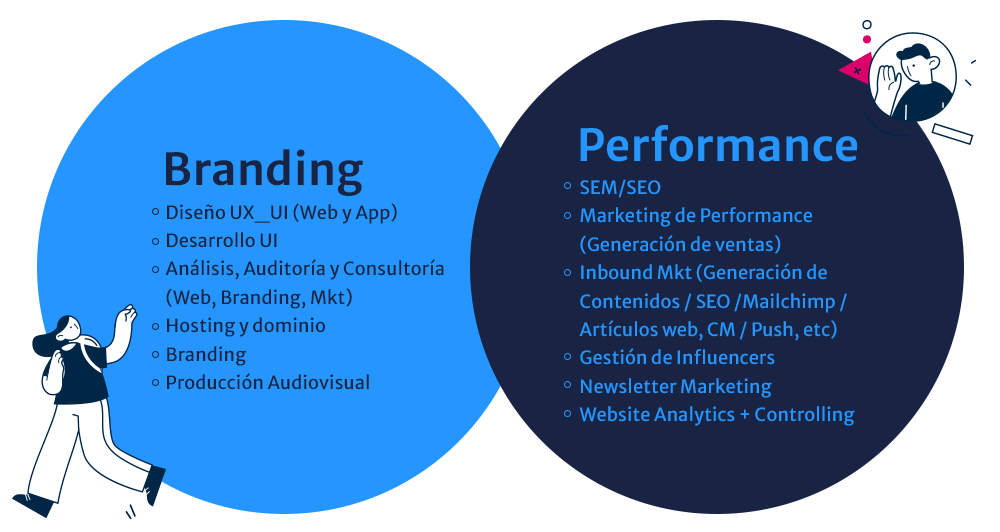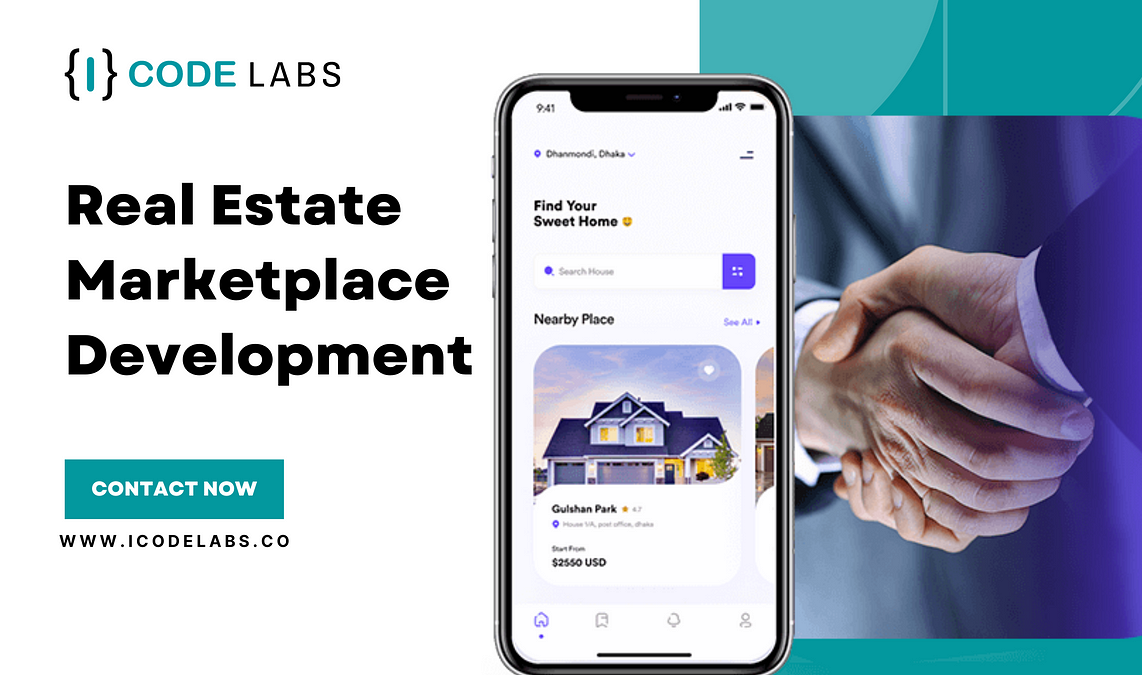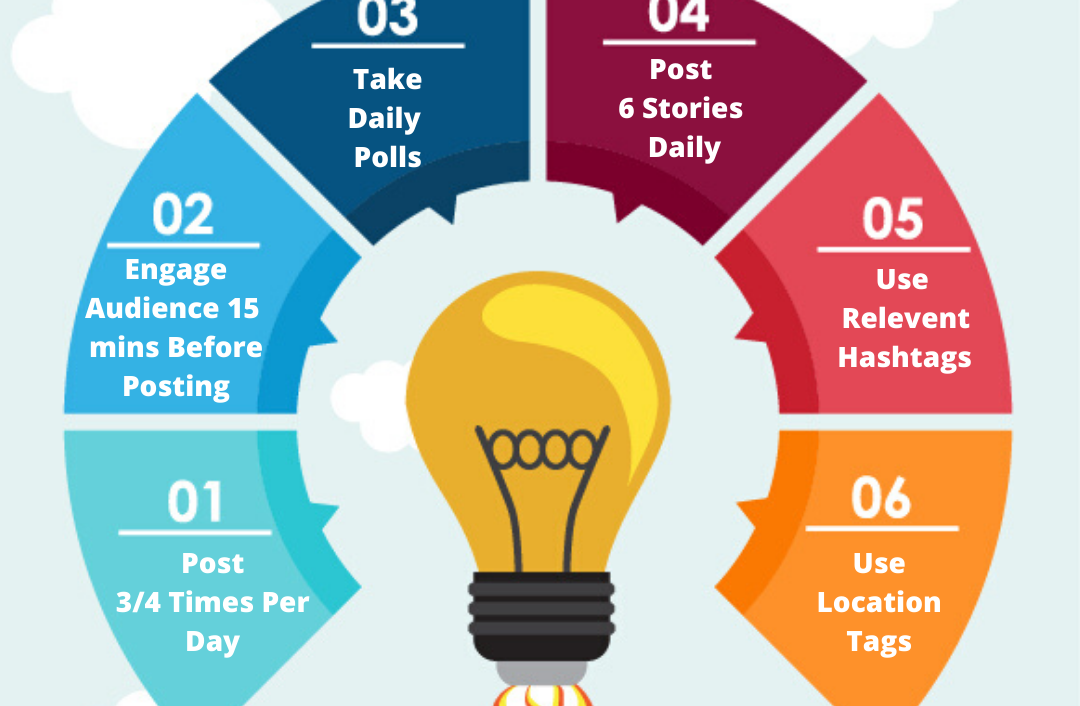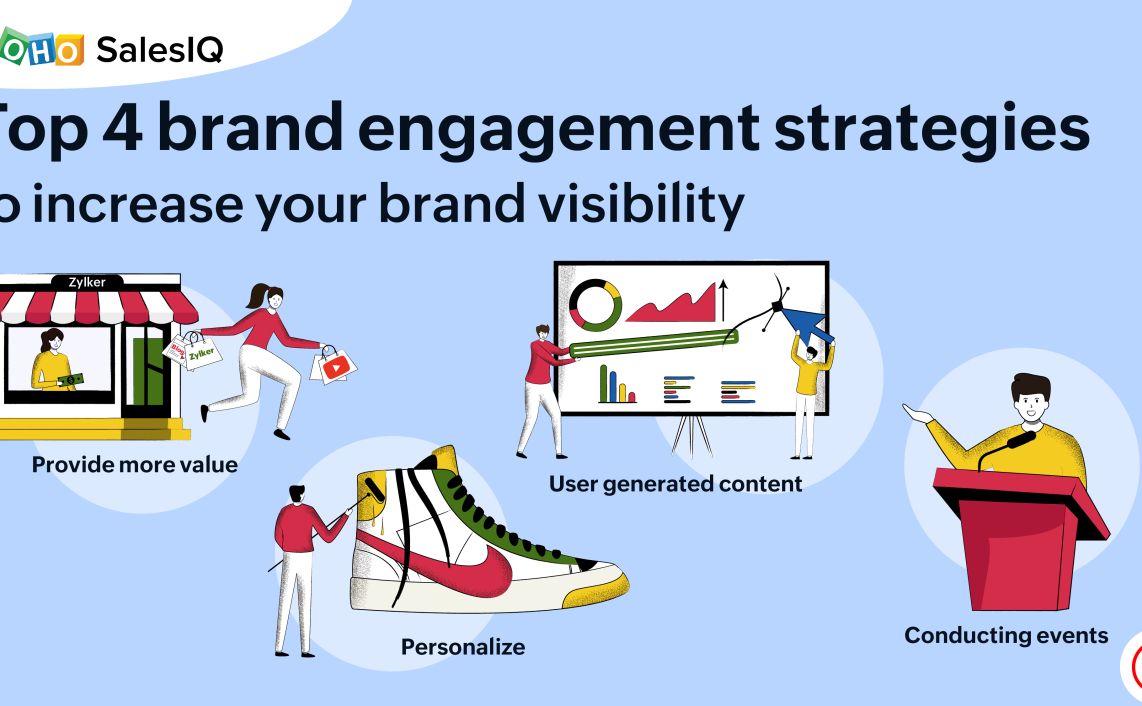Brandformance: Blending Branding With Performance For Ultimate Impact

In today’s competitive marketing landscape, it’s essential for businesses to strike a delicate balance between building strong brand equity and driving measurable performance. Brandformance is a strategic approach that seamlessly integrates branding and performance marketing to maximize the impact of marketing campaigns and deliver exceptional results.

The Power of Brandformance

Brandformance leverages the emotional power of branding with the data-driven insights from performance marketing. By aligning brand values, messaging, and visuals with specific performance metrics, businesses can:
- Build Strong Brand Recognition: Establish a consistent brand identity across all marketing channels, making it easy for customers to recognize and engage with the brand.
- Increase Customer Loyalty: Foster emotional connections with customers through compelling brand storytelling and brand experiences, leading to increased loyalty and repeat purchases.
- Drive Performance: Use data and analytics to optimize campaigns, measure results, and make real-time adjustments to maximize sales, leads, or conversions.
How to Implement Brandformance
Implementing Brandformance requires a comprehensive and integrated approach that includes the following steps:
- Define Brand Purpose and Values: Establish a clear brand purpose, values, and positioning that resonate with target customers.
- Develop Cohesive Branding: Ensure all marketing materials, messaging, and visuals align with the defined brand persona and values.
- Set Performance Goals: Determine specific performance metrics that align with business objectives, such as sales, leads, or conversions.
- Integrate Data and Analytics: Track and analyze campaign performance data to identify areas for optimization and improvement.
- Continuously Optimize: Use insights from performance data to refine branding and marketing efforts, ensuring ongoing effectiveness and impact.
Benefits of Brandformance
Brandformance offers numerous benefits for businesses, including:
- Enhanced Brand Equity: Build a strong brand image that resonates with customers and differentiates the brand from competitors.
- Increased Brand Value: Drive higher brand value by connecting emotional appeal with measurable results.
- Improved Return on Investment (ROI): Optimize marketing campaigns based on data and analytics to maximize returns and minimize waste.
- Greater Customer Lifetime Value: Establish long-lasting customer relationships by fostering brand loyalty and driving repeat purchases.
Brandformance is a transformative approach that redefines marketing by blending the power of brand building with the precision of performance measurement. By aligning branding and performance, businesses can achieve unparalleled levels of impact, driving brand growth, customer engagement, and measurable success.## Brandformance: Blending Branding with Performance for Ultimate Impact
Executive Summary
“Brandformance” is a novel concept that merges branding and performance into a cohesive strategy, empowering companies to achieve remarkable growth. This article will delve into the pivotal role of brandformance in today’s competitive market, exploring its multifaceted components and showcasing its transformative potential for businesses.
Introduction
In the ever-evolving digital landscape, brands face the dual challenge of establishing a strong brand identity while driving tangible performance. Brandformance bridges this gap, offering a framework that harnesses the power of branding to fuel measurable business outcomes.
The 5 Pillars of Brandformance
1. Brand Identity and Perception
- Definition: The core values, personality, and image that define a brand.
- Key Components:
- Brand name, logo, and colors
- Brand voice and messaging
- Customer experience
2. Brand Strategy and Alignment
- Definition: The roadmap that guides brand development and ensures consistency across all touchpoints.
- Key Components:
- Target audience definition
- Competitive analysis
- Branding guidelines
3. Content Marketing and Storytelling
- Definition: Creating engaging content that both informs and connects with the target audience.
- Key Components:
- Blog posts, articles, and social media content
- Video marketing
- Influencer partnerships
4. Performance Marketing and Analytics
- Definition: Measuring and analyzing the effectiveness of marketing campaigns to optimize performance.
- Key Components:
- Website analytics
- Social media analytics
- Conversion rate optimization (CRO)
5. Customer Engagement and Advocacy
- Definition: Nurturing relationships with customers and encouraging them to become brand advocates.
- Key Components:
- Customer relationship management (CRM)
- Social listening
- User-generated content campaigns
Conclusion
Brandformance represents a paradigm shift in marketing, recognizing that branding and performance are not mutually exclusive but rather complementary. By integrating these elements, businesses can establish a strong brand identity that resonates with customers, while simultaneously driving measurable results. Embracing brandformance is the key to unlocking transformative growth and achieving long-term success in today’s competitive market.
Keyword Tags
- Brandformance
- Branding
- Performance marketing
- Content marketing
- Customer engagement
FAQ
Q1. What is the main advantage of Brandformance?
A: Brandformance combines the benefits of branding (identity, perception) with those of performance marketing (measurable results), creating a holistic and effective growth strategy.
Q2. How can I develop a strong brand identity?
A: Focus on defining your brand’s core values, creating a unique brand personality, and ensuring consistent branding across all touchpoints.
Q3. What are the key elements of performance marketing?
A: Performance marketing includes website analytics, social media analytics, and CRO (conversion rate optimization), used to track and improve campaign effectiveness.
Q4. How can I engage customers and build advocacy?
A: Implement a CRM system, listen to and respond to customer feedback on social media, and encourage user-generated content to foster brand loyalty.
Q5. Can Brandformance help me stand out in a crowded market?
A: By establishing a strong brand identity and optimizing performance metrics, Brandformance differentiates businesses from competitors and enhances their ability to attract and retain customers.







